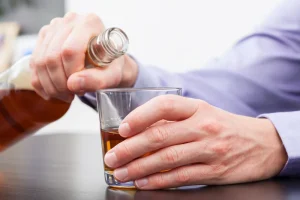
The length of time you were drinking heavily, the amount you would drink regularly, and the amount you drank last. Despite its legal status and cultural acceptance, it is a serious psychoactive substance that can profoundly affect your health. Alcohol can be dangerous to abuse, but it can also be dangerous to quit too quickly. If you’ve been drinking heavily for a time and then quit cold turkey, you may experience some of the most dangerous withdrawal symptoms of any substance. Alcohol withdrawal can include dangerous symptoms like seizures, which can come on suddenly and lead to serious consequences.
FAQs on Alcohol Withdrawal Seizures
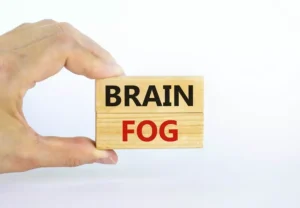
In contrast, phenyotin, an anticonvulsant medication used for treating seizures caused by epilepsy and other disorders, is ineffective for treating AW seizures. Because a diagnosis of AW-related seizures may require further evaluation, however, the agent is sometimes administered until other causes of seizures have been ruled out. We have an experienced team of healthcare providers who can manage alcohol-related seizures during alcohol withdrawal seizure the withdrawal phase and keep you safe and comfortable.
- Alcohol withdrawal seizures are a severe and potentially life-threatening condition that can occur during the detoxification process from chronic alcohol use.
- A dependent person on alcohol who suddenly stops taking it may experience unpredictable damage to his or her brain and other body parts.
Risk for Individuals with Epilepsy
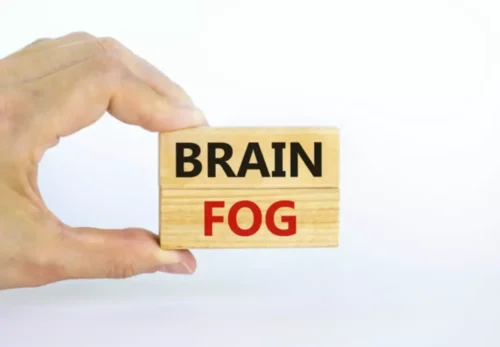
Alcohol dependence may be treated with various options, including medications. As your body adjusts to life without the medication, you may be given medication and therapy options to help you get through the withdrawal phase drug addiction treatment as safely as possible. If you have a more severe chemical dependence on alcohol, you may experience more severe symptoms more quickly. Quitting cold turkey can come with some severe withdrawal symptoms, and it can be dangerous. The dangerous withdrawal symptoms that are more likely through kindling include seizures, heart problems, and death.
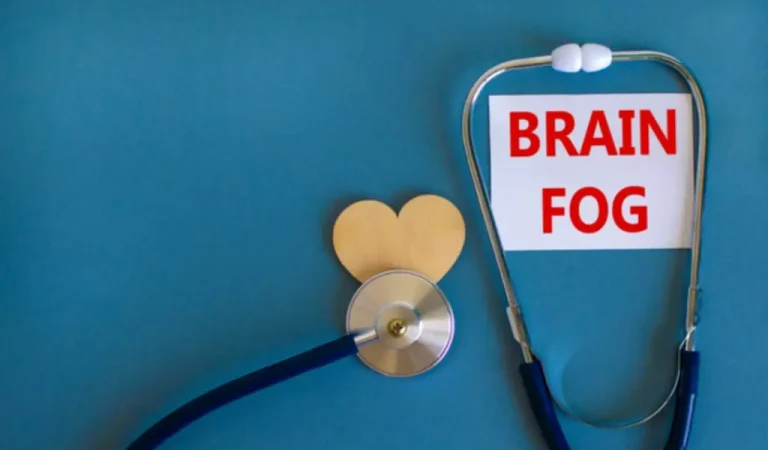
2.3. Symptom‐triggered treatment
Treatment can occur in various settings, such as the emergency room, outpatient clinic, intensive care unit, or detoxification facility. Consequently, the interprofessional healthcare team must ascertain the most suitable setting based on a patient’s symptoms. Delirium tremens (DTs), also called alcohol withdrawal delirium (AWD), is the most severe form of alcohol withdrawal. Signs and symptoms of DTs include disorientation, confusion, agitation, hallucinations, fever, sweating, high blood pressure, and fast heart rate. These symptoms can quickly progress to cardiovascular collapse and death without timely treatment.
Deterrence and Patient Education
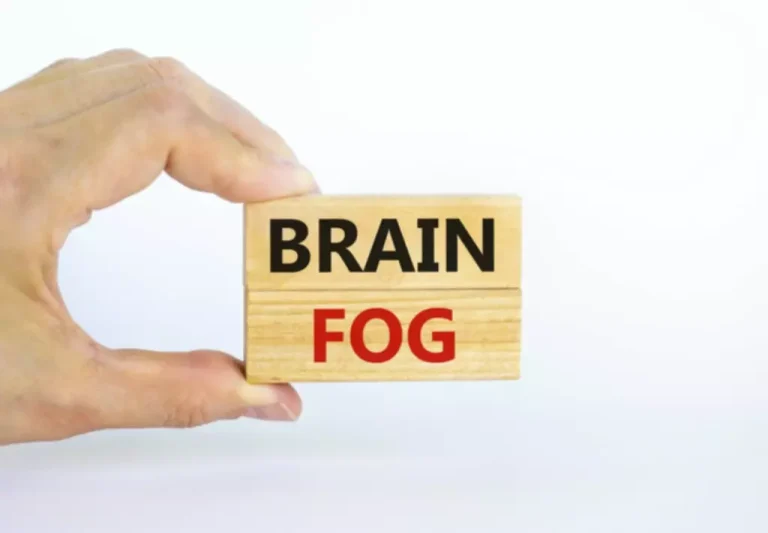
If someone has a seizure fromalcohol withdrawal symptoms, you should move things out of the way that they could accidentally hurt themselves with during the seizure. You should also call 911 and get emergency medical help as soon as possible, even if the seizure has stopped. After the seizure, you should position them on their side and ensure that their airway is clear while waiting for emergency assistance. In addition to therapy and counseling, medical supervision during detoxification is recommended to safely manage withdrawal symptoms. Medications may also be prescribed to alleviate cravings and reduce seizure risk.
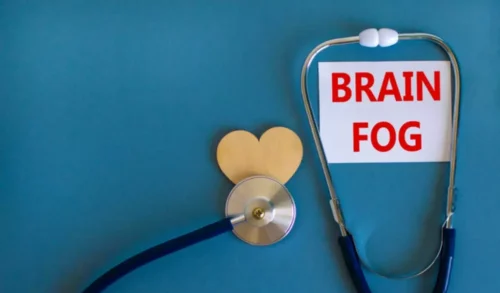
Epilepsy
Moderate alcohol intake does not usually cause seizures in otherwise healthy individuals. However, research has found that the effects of long-term alcohol use on the human brain may increase the risk of developing seizure disorders. In other words, there may be a link between chronic alcohol use (alcoholism) and epilepsy risk. Alcohol withdrawal seizures can occur when a person has been drinking heavily for a period of time and suddenly stops or cuts back. It will also talk about why they happen, how they are treated, and how you can prevent them from happening.
Alcohol is a central nervous system depressant, which means that it slows down nervous system activity in the brain. When that depressant is removed, you may feel a sudden lack of its rewarding effects, leading to nervousness, insomnia, and anxiety. Hi Travis, good news – seizures are very unlikely if you haven’t drank in over a month! The post-acute withdrawal symptoms I experienced after a month without alcohol were still uncomfortable though. Most hospitals in America will use benzodiazepines to prevent or reduce symptoms of acute alcohol withdrawal.
Whether over a long or short period, drinking alcohol in large quantities can cause your body to react when you stop drinking or reduce the amount you drink. Kindling is a term describing a neurological phenomenon that makes alcohol withdrawal symptoms worse after previous withdrawals from depressant drugs. People who go through depressant withdrawal can have more severe symptoms with subsequent withdrawal periods. This higher risk of severe withdrawal symptoms can happen even if you’ve used different kinds of central nervous symptom depressants. For instance, if you’ve gone through benzodiazepine withdrawal, you may experience severe withdrawal when going through alcohol withdrawal and vice versa. Detoxification (detox) and alcohol withdrawal symptoms are best handled with the aid of medical professionals.
- The quantitative, measurable detection of drinking is important for the successful treatment of AUD.
- Treatment may involve medications such as benzodiazepines to manage withdrawal symptoms and prevent future seizures.
- The neurotransmitter molecules traverse the small gap (i.e., the synapse) between adjacent neurons and interact with docking molecules (i.e., receptors) on the signal-receiving neuron.
- It typically begins within a few hours of suddenly stopping or reducing your intake of alcohol.
- Kindling is caused by the chronic use of drugs that cause GABA receptors’ downregulation.
This is especially important in elderly patients and those with hepatic dysfunction. Severe and potentially life threatening symptoms of alcohol withdrawal include seizures and delirium tremens (DTs). Seek help at a professional addiction treatment facility if you have problems controlling your drinking. Signs and symptoms of an alcohol use disorder https://ecosoberhouse.com/ include a preoccupation with alcohol consumption and continuing to drink despite the negative effects of alcohol. Abruptly stopping alcohol use after prolonged heavy drinking can trigger alcohol withdrawal seizures due to changes in brain chemistry. Chronic alcohol consumption coupled with recurrent episodes of withdrawal significantly elevates the risk of developing severe medical conditions.

